In the context of the increasingly complicated world security situation, the North Atlantic Treaty Organization (NATO) has made strong moves to strengthen the bloc's defense capabilities.
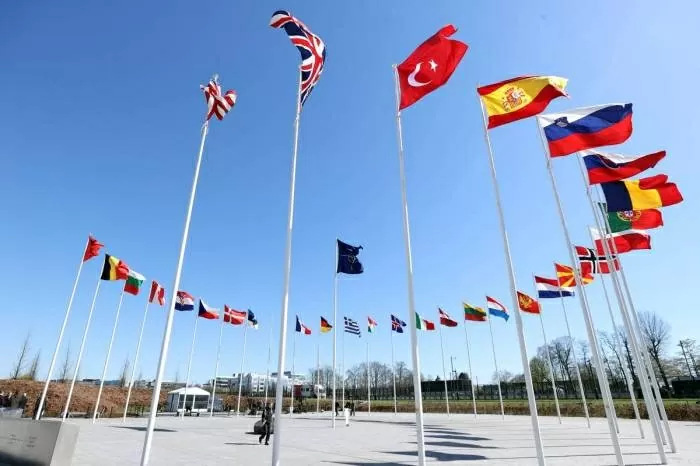 |
| NATO is working to strengthen the defense capabilities of the military alliance. (Source: Anadolu) |
During the NATO Defense Ministers' meeting in Brussels (Belgium) on February 13, NATO announced two new multinational initiatives and expanded cooperation in existing projects, aiming to create a solid "steel shield" against threats in the new context.
One of the notable new initiatives is a project to develop more effective solutions to deal with low-altitude airborne threats, i.e. targets flying below 150 meters.
This is a significant challenge, as traditional radar systems often have difficulty detecting and tracking these targets. The emergence of small unmanned aerial vehicles (drones) has significantly increased the low-altitude threat, requiring NATO to have timely and effective response measures.
NATO has also launched a multinational initiative on passive space surveillance, such as using noise detection methods to identify threats. This is an important tool to complement active surveillance capabilities such as radar and satellites, helping to detect targets that they cannot detect.
As military technologies continue to evolve, it is essential to combine different surveillance methods to ensure comprehensive defense capabilities.
The initiative involves several NATO member states, including Belgium, Denmark, Estonia, Finland, France, Greece, Latvia, Lithuania, the Netherlands, Norway, Portugal, Romania, Spain, Turkey and the United Kingdom, along with the Czech Republic.
These countries have signed a multinational initiative on passive space surveillance, through which they cooperate to develop new solutions that not only enhance defense capabilities, but also promote interoperability between national systems, reduce costs and improve joint operational efficiency.
Through multinational cooperation projects, NATO not only develops and acquires new capabilities, but also enhances interoperability between member states’ forces. This improves operational effectiveness while reducing investment and maintenance costs.
This move took place in the context of February 13, when US Defense Secretary Pete Hegseth declared that the US and its allies "must make NATO great again", borrowing President Donald Trump's signature slogan to call on European countries to spend more on defense.
Speaking to reporters after a meeting in Brussels, the head of the Pentagon affirmed: "To maintain in the future, our partners must act more actively for European defense."
Source: https://baoquocte.vn/my-tuyen-bo-muon-nato-vi-dai-tro-lai-lien-minh-quan-su-tung-hai-sang-kien-tang-cuong-phong-thu-304330.html






























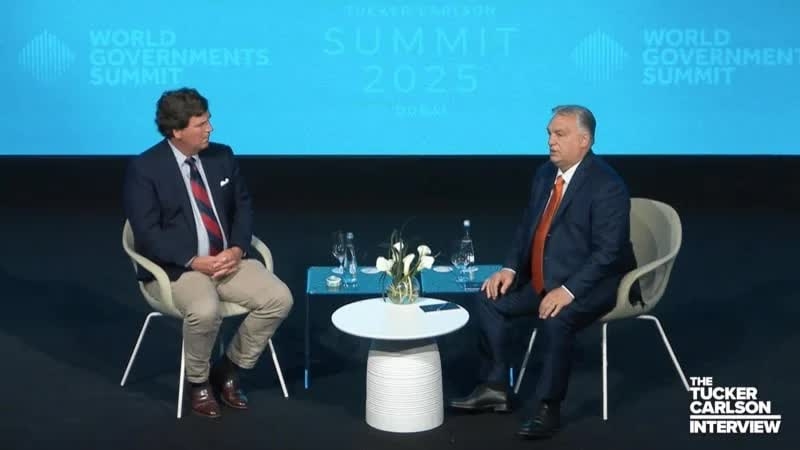
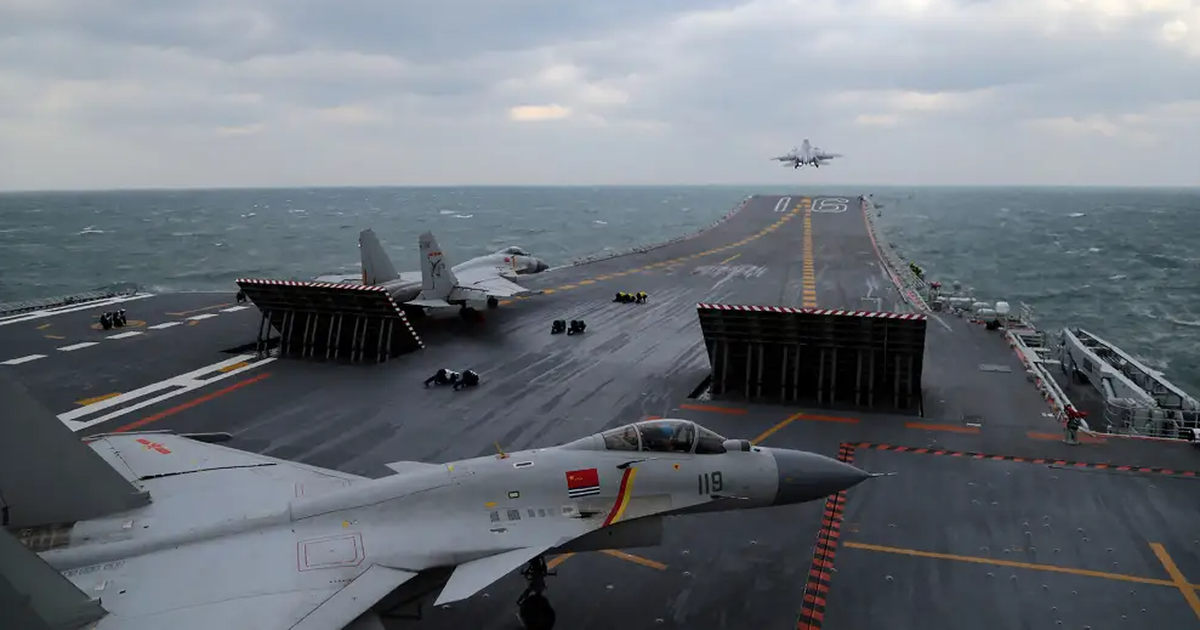

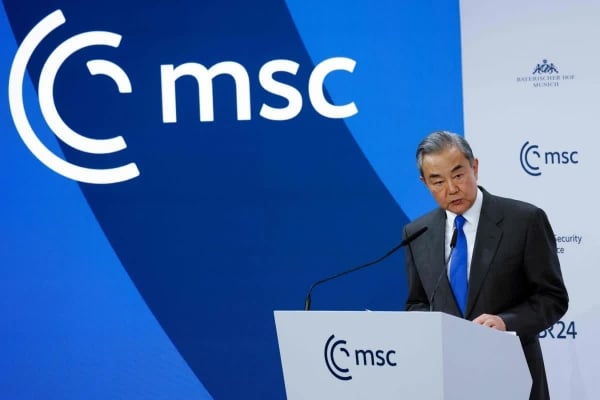
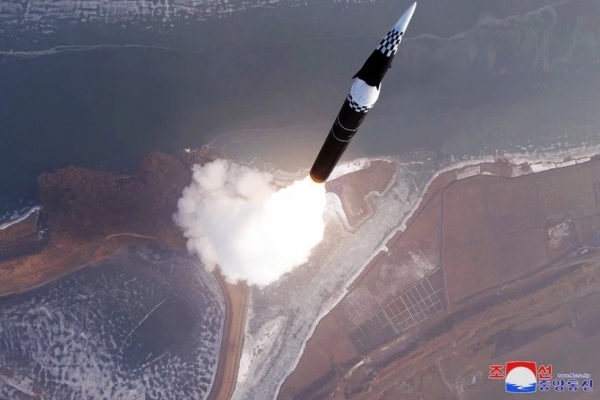

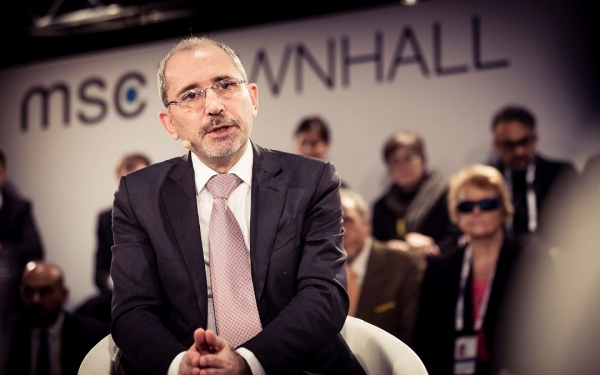


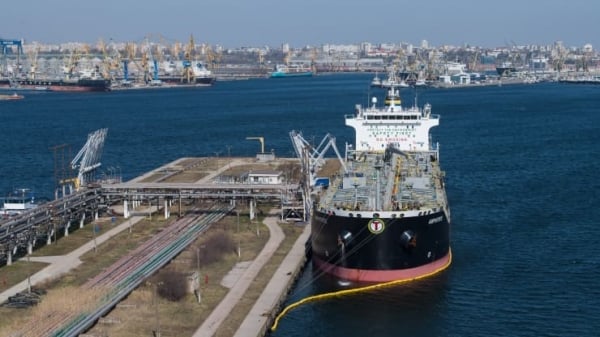






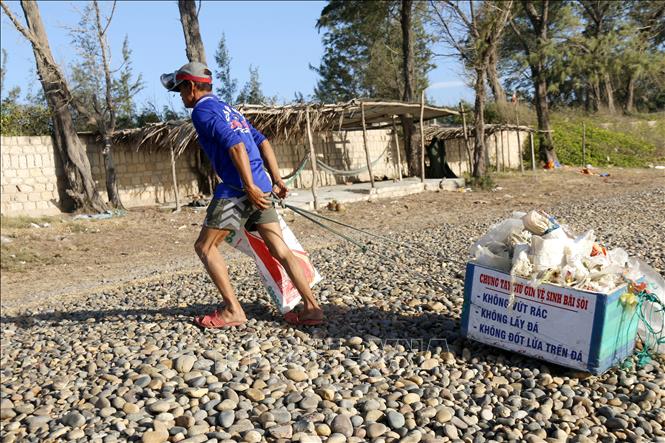







Comment (0)